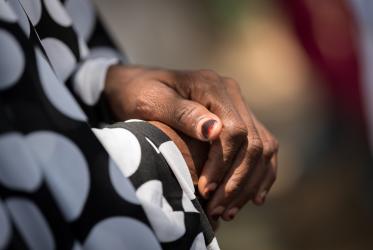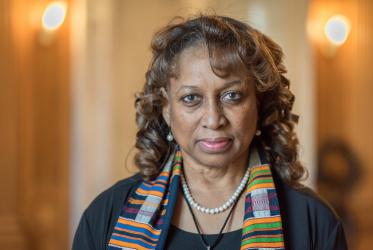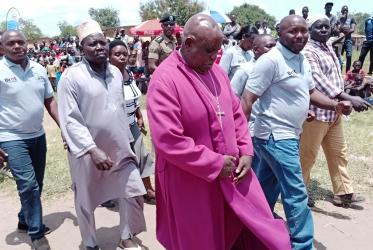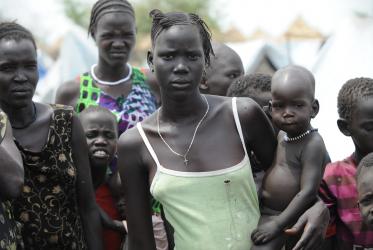Displaying 1 - 10 of 10
Religious leaders from South Sudan cherish those who host refugees
23 September 2019
Faith and HIV treatment go hand in hand
06 March 2019
«L'amour triomphera»
23 August 2018
#WCC70: Les Églises, des «agents de la liberté»
12 February 2018






